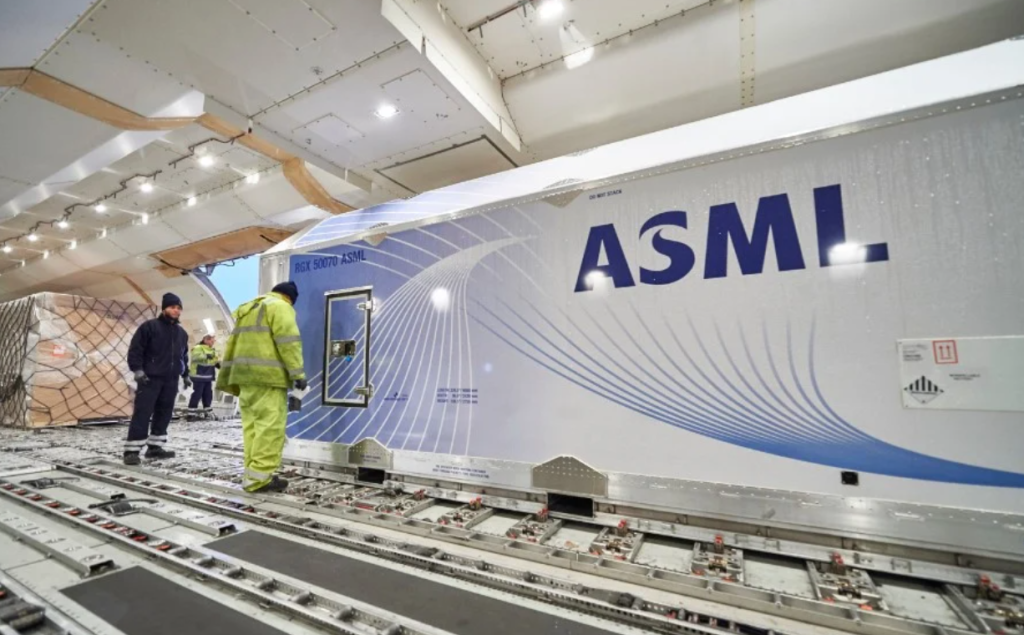The unilateral imposition of new export regulations by the United States on Dutch tech giant ASML Holding’s chipmaking machines has sparked a heated debate among Dutch lawmakers. Trade Minister Liesje Schreinemacher faced challenging questions in the parliamentary session, where concerns were raised regarding the US’s approach to regulating the export of ASML’s Twinscan NXT1930Di and Twinscan NXT1980Di machines to China.
During the debate, Minister Schreinemacher expressed the Dutch Cabinet’s willingness to comply with the new US regulations but emphasized the need for a more cohesive European strategy to address the issue. The recent US rules grant Washington the authority to restrict the export of ASML’s advanced lithography machines containing any US components, a move widely seen as part of the US strategy to curb China’s technological and military advancements.
In response to the US government’s recent announcement on advanced computing and semiconductor manufacturing equipment export controls, ASML, headquartered in Veldhoven, Netherlands, expressed a commitment to careful assessment. They acknowledged the forthcoming regulations, expecting their application to be limited to select semiconductor facilities in China. CEO Peter Wennink noted that the Twinscan NXT1980Di tool, capable of producing both advanced and older computer chips, could fall under the US export control restrictions.

ASML assured stakeholders that these measures are not anticipated to significantly impact their financial forecasts for 2023, 2025, and 2030, as outlined during their Investor Day in November 2022. While acknowledging potential regional effects on sales, the company stressed compliance with all relevant laws, including export control legislation, and indicated plans to seek further clarification from US authorities on the regulations’ scope.
China, accounting for a significant portion of ASML’s sales, remains a crucial market for the company. Wennink expressed confidence in the resilience of demand from Chinese chipmakers despite the growing challenges posed by export restrictions imposed by both the US and Dutch governments. The Netherlands, acknowledging US security concerns, has supported the need for export restrictions while emphasizing the sovereign right of every nation to make decisions concerning exports.
ASML’s compliance with the US rules comes after continuous pressure from the United States on the Dutch government since 2019, urging restrictions on the export of advanced chipmaking machines to China. In response, the Dutch government introduced its licensing requirements earlier this year, targeting slightly less advanced machines. However, the newly announced US regulations have raised questions about the extent of cooperation and consent between the US and Dutch governments in imposing these restrictions.
As the situation continues to unfold, Dutch lawmakers remain engaged in discussions, exploring options for a unified European response to navigate the challenges posed by the evolving landscape of international trade and technology transfer.
Related:
- Former ASML Employee Joins Huawei: What This Means for Global Chip Technology
- Chinese Investors are Shifting from TSMC to ASML Amid Geopolitical Tensions
- TSMC faces Profit Decline amid Chip industry downturn
(via)







